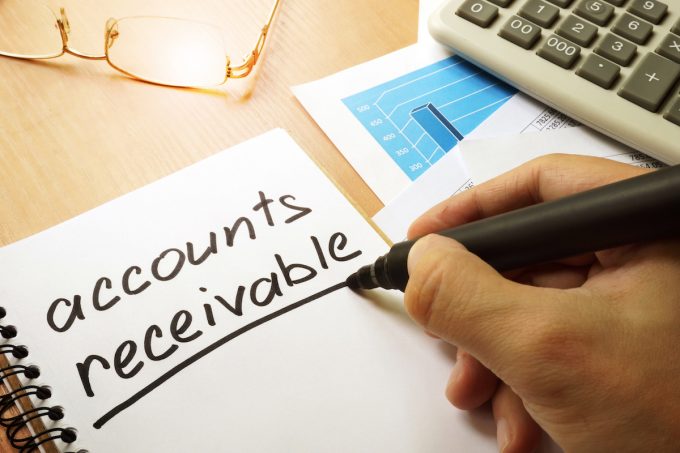Small business owners are the most vulnerable when it comes to debt collection. Delayed and/or unpaid payments on transactions pose a big threat as it can take a toll on the business’ success, regardless of how profitable it is. It can be alarming when the cash flow of the entrepreneurship starts to dry up because of uncollected debts while having various dues to maintain.
Knowing how to manage debt collection properly is one of the keys to growing your entrepreneurship. In fact, unpaid transactions by a few large clients can provide adverse financial effects to your venture. This piece covers some of the common debt collection mistakes by small business owners and how you can avoid them from hurting your own business.
1. No Written Contract

This is one of the most common mistakes committed by small business owners. Putting everything on paper is the surest way to deal with your entrepreneurship properly. Indeed, presenting a contract for a transaction with your trusted customers may seem a little awkward. You may feel sometimes that it is easier to close a deal in a friendlier atmosphere by completing it with a nod and a handshake.
Believe it or not, eventually, a day will come where even your most trusted and reliable customer may refuse or fail to pay their obligation. Securing the terms and conditions of the transaction in a contract will be your saving grace at times like this in order to support your attempts to recover such debts. So next time you close a transaction with your clients, make sure you have all the papers ready to seal the deal.
2. Not Doing Enough Research

Part of doing your business right is making sure that you have all the vital information about your prospective customers and clients. These include basic data about your customer, and both their business and personal credit reports. If your service also offers to extend credit arrangements with larger clients, securing their venture credit report is a must. This will give you extensive considerations in assessing whether they are reliable in making a transaction with you.
Good thing, it is now easier (and affordable) to get a copy of this credit report and you may not realize it but you are doing something really good for your business. The information you will find in the venture credit report include the following:
- Fresh ASIC/Business Name Search
- ASIC currant extract
- Summary of Partners/Directors business relationships
- Past Credit Enquiries on all Partners/Directors
- Adverse information on all of the Partners/Directors
- Default information on all of the Partners/Directors
- Bankruptcy details
- Insolvency details
3. Not Managing Receivables Properly

Doing business entails making various decisions for your company. Ensuring that you manage your receivable properly is one of the important decisions you have to undertake in order for your entrepreneurship to survive. If you do not have enough time to oversee this matter, delegating the task to someone else is also a viable way to recover unpaid invoices efficiently. You can either appoint someone, or you can hire a professional for that matter. If you know that you cannot do it yourself due to the ever-growing duties that come with growing your venture, it is highly advisable the latter option.
4. Not Having A Debt Collection Process In Place

Setting up a simple yet practical debt collection process in place for your business is important if you want to improve your business cash flow. It is imperative to keep in mind that a timely debt collection means an improved cash flow which helps your company from incurring any kind of loss. It can also limit the risks of financial loss.
Hence, if you don’t have an effective debt collection process yet, make sure to prioritize this as it will save you a considerable amount of time and money. If you are not sure how to set up an efficient one that will work for the nature of your business, consider seeking the advice of an expert to make sure that you are on the right track.
5. Not Hiring A Debt Collection Agency

Doing business sometimes means a pile of uncollected debts. This has always been part of the equation of growing venture which if you don’t respond too quickly and intelligently, you’ll end up with financial loss — which is not very good for small business owners.
For cases like these, calling the assistance of a professional debt collection agency like JMA Credit Control is imperative to take the necessary action to put everything in order. The best part about hiring a collection debt agency is you get to do your normal duties without the worry of the uncollected invoices from your customers. It is a quick and systemized process that saves you time and money.
It is also important to be wary of selecting the collection debt agency for your company. Remember, entering into an agreement with a debt collection agency is essentially important as choosing which clients have the best and honest intentions. Make sure that you are hiring an ethical, regulated, and reliable company that will ensure the performance of their obligations. Otherwise, you’ll end up in legal hot water for violating debt recovery-related protocols.









